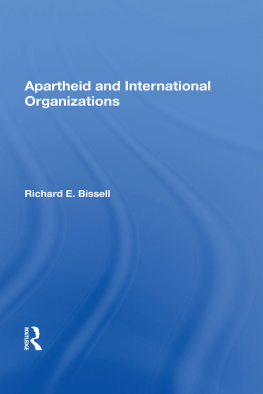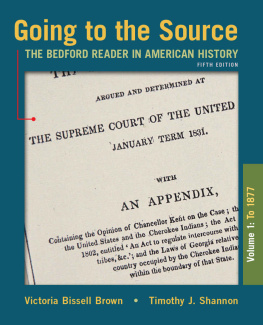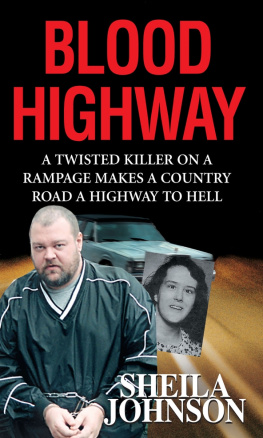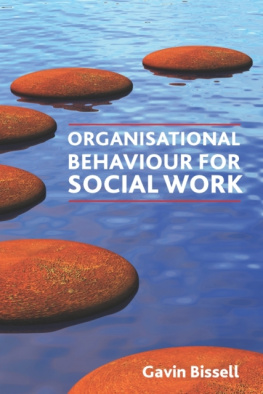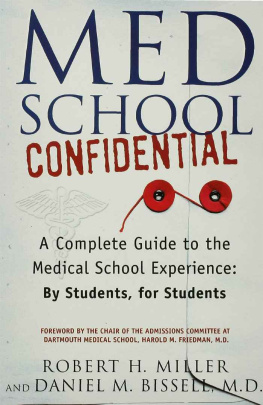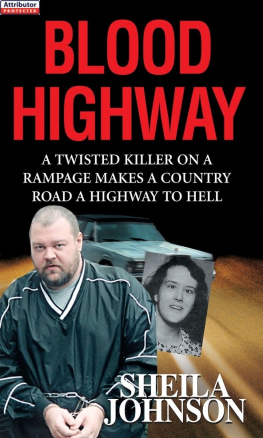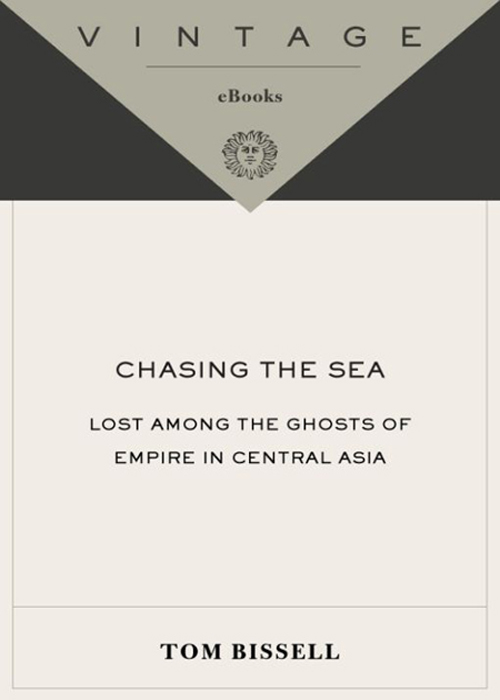
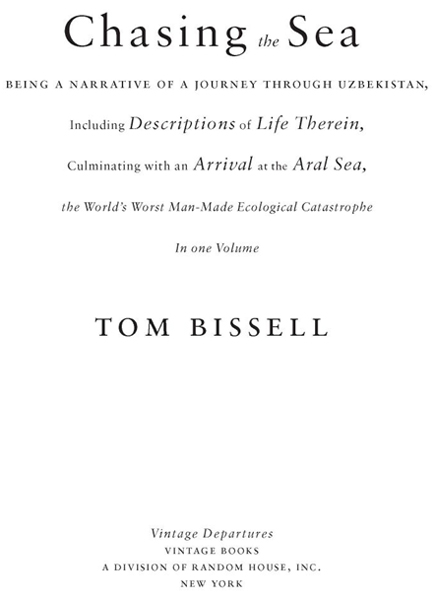
Table of Contents
THIS BOOK IS FOR:
Philip Caputo, Doug Fix, Larry Leffel, and Bret Lott;and for my parents, all of them
I told the Turk he was a gentleman.
I told the Russian that his Tartar veins
Bled pure Parisian ichor; and he purred.
The Congress doesnt purr. I think it swears.
Youre youngyoull swear too ere youve reached the end.
The End! God help you, if there be a God.
RUDYARD KIPLING, One Viceroy Resigns
Acclaim for Tom Bissells
Chasing the Sea
An astonishing book. Both hilarious and deeply disturbing, its a crash course in the history, ecology, and politics of a region that seems as remoteand as desolateas one of the lesser moons of Saturn.
The San Diego Union-Tribune
Fantastic.... Bissell proves at the age of 29 he is a maestro of the genre. Read this book and it will be difficult to imagine not traipsing after him wherever he may go in the future.
Austin American-Statesman
The narrative is propelled by a strong literary sensibility and Bissells droll, self-deprecating humor.... A splendid debut.
The Boston Globe
If you dont think you want to read a book about Uzbekistan, think again. Line by line, Chasing the Sea is as smart and funny and entertaining a travel book as youll find anywhere; and behind the lines are real passion and a wholly justified outrage over one of the worlds greatest political and environmental catastrophes. Tom Bissell is a terrifically sympathetic young writer. Give yourself a treat and read him.
Jonathan Franzen
[Bissell] is an adept tale-teller, and Chasing the Sea is a treasure box of history, folklore, social criticism and digressions on politics and economics.
Newsday
Bissell offers a sensitive and erudite picture of this fascinating country, ambitiously engaging a broad sweep of history that encompasses Genghis Khan in the 13th century, Timur in the 14th century, and the Soviet and post-Soviet eras.... Achieves an engaging honesty.
Far East Economic Review
A bravura exploration of the Aral Seas dusty remains.
Mens Journal
Arresting... anything but dry history.... Bissell proves himself an apt ecologist, memoirist and historian, bringing readers on a memorable, and even joyous, ride.
The Journal News
A subtly amusing narrative.... Bissell is young; his first book proclaims that hes a writer to watch.
National Geographic Adventure Magazine
Ive earmarked nearly every page of this extraordinary travelogue, drawn back again and again to savor the dervish spin of Tom Bissells prose.... Can Chasing the Sea truly be Bissells first book?
Bob Shacochis
A beguiling debut.
Esquire
A literate, elegiac account of travels in the outback of Uzbekistan, tracing the origins and consequences of one of the worlds most devastating ecological disasters.... First-rate in every regard: to be put alongside such classics on the region as Through Khiva to Golden Samarkand and The Road to Oxiana.
Kirkus Reviews (starred)
Fluent and lively prose.... Bissell is observant, funny, intelligent, and a vigorous writer.... But Mr. Bissell doesnt write as an expert or a historian; he calls himself an adventure journalist, and in Chasing the Sea he has brought back an adventure worth sharing.
The New York Sun
Tom Bissells book is bittersweet and hurts in the way that exceptional writing should.... Shockingly thoughtful and informed.... There are moments in which one cannot help but laugh aloud.... This book is not to be missed.
Peace Corps Writers
An intriguing look at a region that has long been under the heel of tyrants, from Genghis Khan to Joseph Stalin.... A marvelous book that reads like an adventure novel.
The Toronto Sun
Startlingly clever.... Bissell pulls his reader into the world of Uzbekistan and never completely lets go. In the end, we are left feeling the persistent tug of a tell-tale phantom limb.
The Daily Michigan
The book could have been marketed as Nick Hornby Goes to Hell.... This is painful stuff, but brilliantly captured.
The Eye (Toronto)
[Bissell] displays an impressive knowledge of the history of the region.... Brilliantly written and incisive.
Richmond Times-Dispatch
An ambitious work.... An informed, subtle, and humorous take on a country that for decades has been relegated to the back pages of history.
Moscow Times
Acknowledgments
Thanks to Liz Nagle, Johno and Shelly Bissell, Les and Jeanne Rose, Leslie Rose, Dick Burroughs, Diane Wakoski, James McClintock, John Alford, Andrew Miller, Josh and Irina Kendall, Webster Younce, Erika Krouse, Gabrielle Josephson, Bea Hogan, Kent Korte, Bo King, Jeremy Wrubel, Mike Jurmu, Graham and Rima Karlin, Jeff Alexander, Rob and Sakura Keast, Noah Mass, Christina Lem, Glenn Kenny, Boris Fishman, Katy Hope, Leslie Ware, Edwin Barber, Gerald Howard, Robert Weil, Starling Lawrence, John Sterling, Jennifer Barth, Kathy Chetkovich, John Beckman, Robert Gatewood, Lorin Stein, Lisa Fugard, Tom Paine, Valerie Brock, Neil Gordon, Adrienne Miller, Mark Cohen, Lewis Lapham, Roger Hodge, Charis Conn, Donovan Hohn, Colin Harrison, Mary LaMotte, John Sullivan, Susan Burton, Ben Metcalf, Megan Hustad, Amber Hoover, Jennifer Jackson, Chrissy Rikkers, Fred Wiemer, Dan Frank, Heather Schroder, and Jenny Minton for faith, advice, encouragement, and, in some cases, much-needed employment.
Thanks to the staff of Peace Corps Uzbekistan. And of course thanks to Uzbekistans Peace Corps volunteers, past and present. Private citizens are not under any obligation to talk to writers, and I am grateful to those volunteers who shared their time and thoughts with me. To preserve their privacy, I have changed many names and characteristics herein.
Bolshoye spasibo and katta rakhmat to my Russian, Uzbek, and Karakalpak friends, whose names and characteristics have (for more obvious reasons) also been changed. Their kindness and generosity are unforgettable.
Thanks to Ian Small and the Tashkent and Nukus staff of Mdicins Sans Frontires.
Thanks to Imodium A-D.
Authors Note
I am not a scholar. My knowledge of the culture, history, and people of Central Asia in general and Uzbekistan in particular falls far short of comprehensive, and what I have learned has been thanks to the guidance of many other authorities, though any mistakes in what follows are my own. Furthermore, my working knowledge of the Russian language has faded to functional nonexistence, even if I was at one time a devoted pupil of what Vladimir Nabokov once witheringly described as the Kak-vy-pozhivaete-ya-pozhivayu-khorosho (How-are-you-I-am-fine) school of Russian speaking. My knowledge of Uzbek, a branch of the Altaic language family that includes Turkish, is stronger, though I suspect my ideal conversational partner would be an unusually bright Uzbek toddler. How and why I came to write this book deserve some explanation.
As a United States Peace Corps volunteer, I served as an English teacher in the Republic of Uzbekistan in the mid-1990s. I left after seven months, or about nineteen months short of my expected stay. This is called, rather killingly, an early termination of service. My reasons for leaving were emotional and complicated. In other words, I lost my mind. But the strange, savage beauty of the country stayed with me, and shortly after I returned to the United States, I found myself writing short stories set in Uzbekistan. I was done with the place, but, axiomatically, it was not done with me.
Next page

